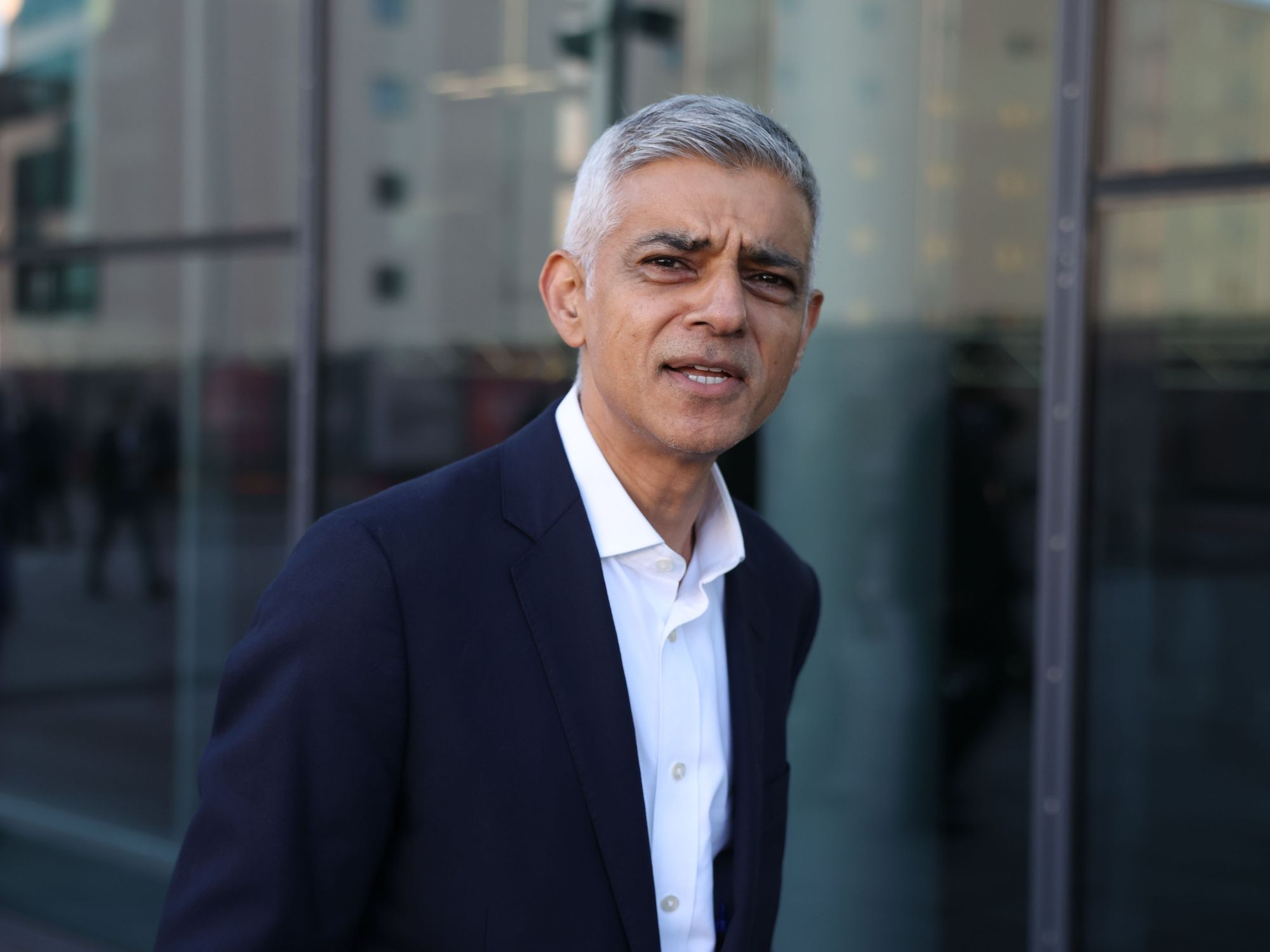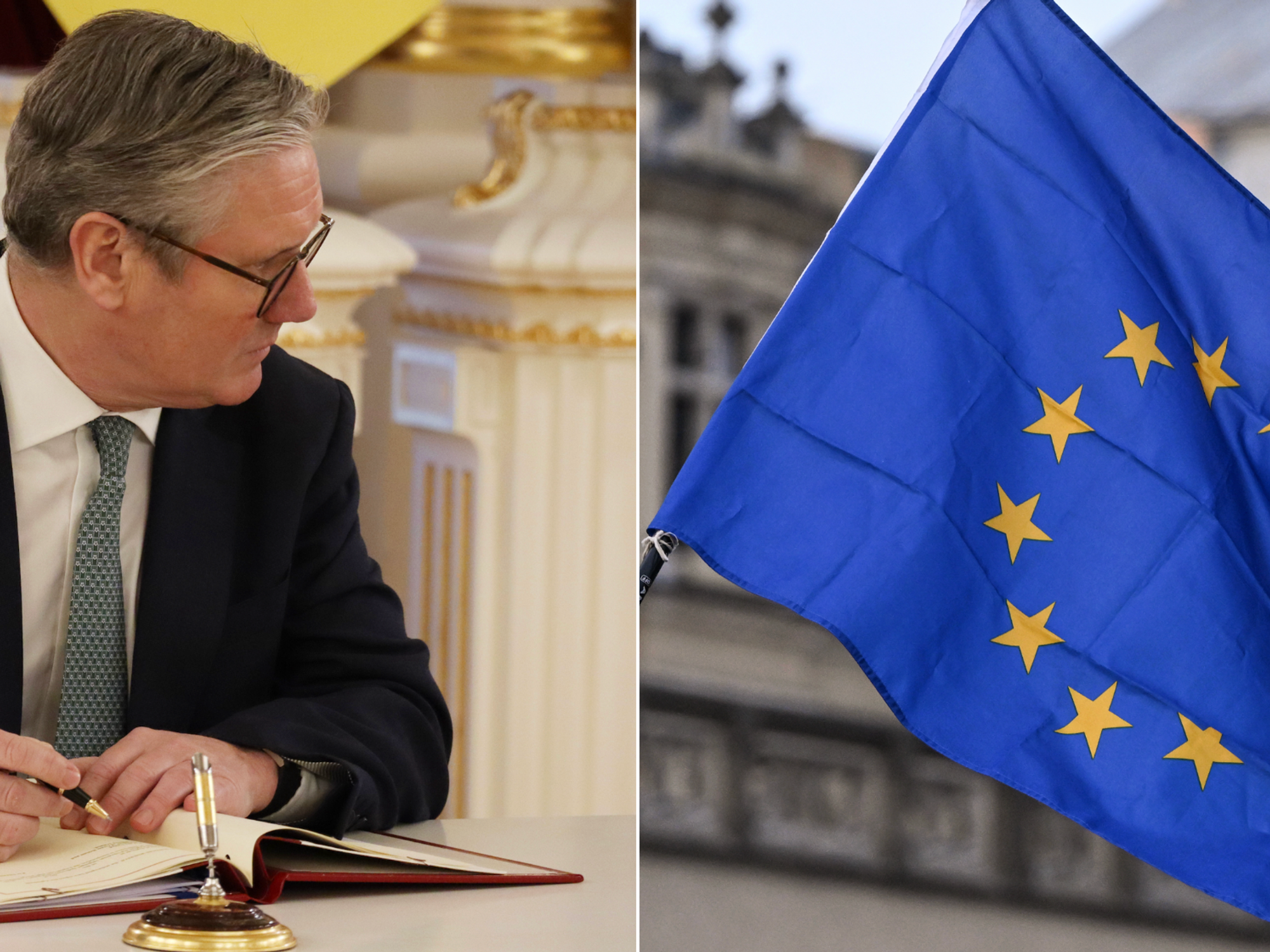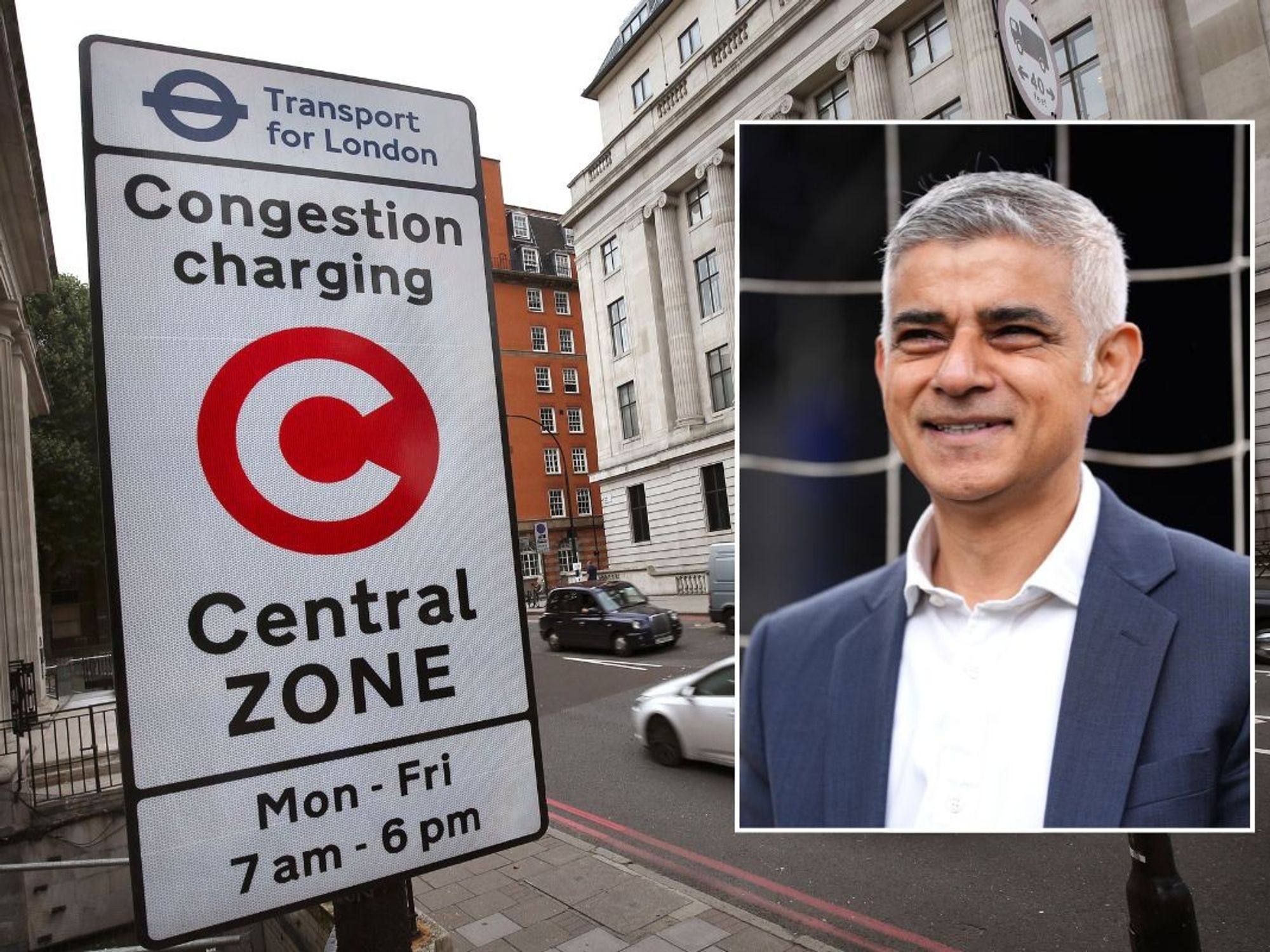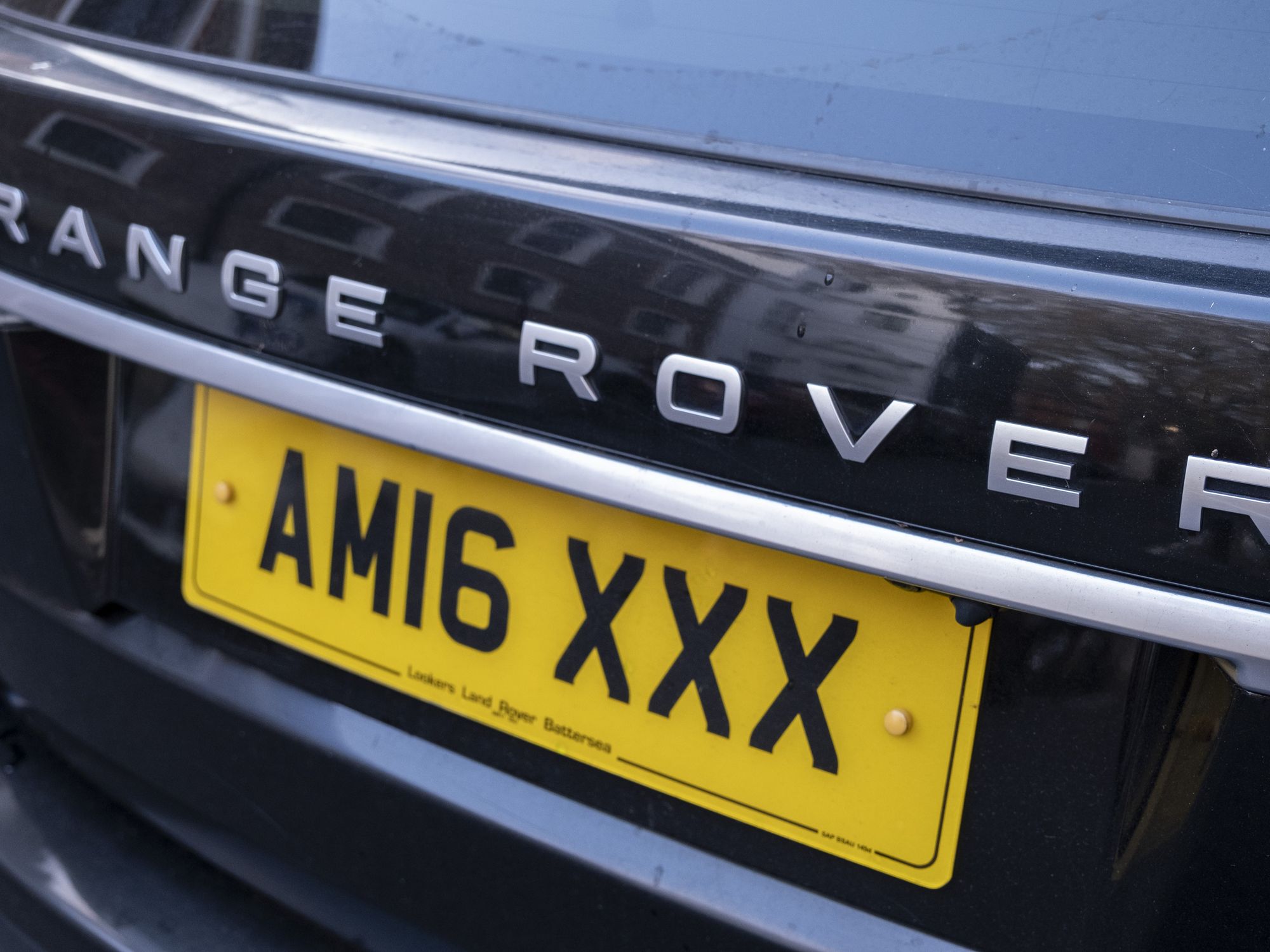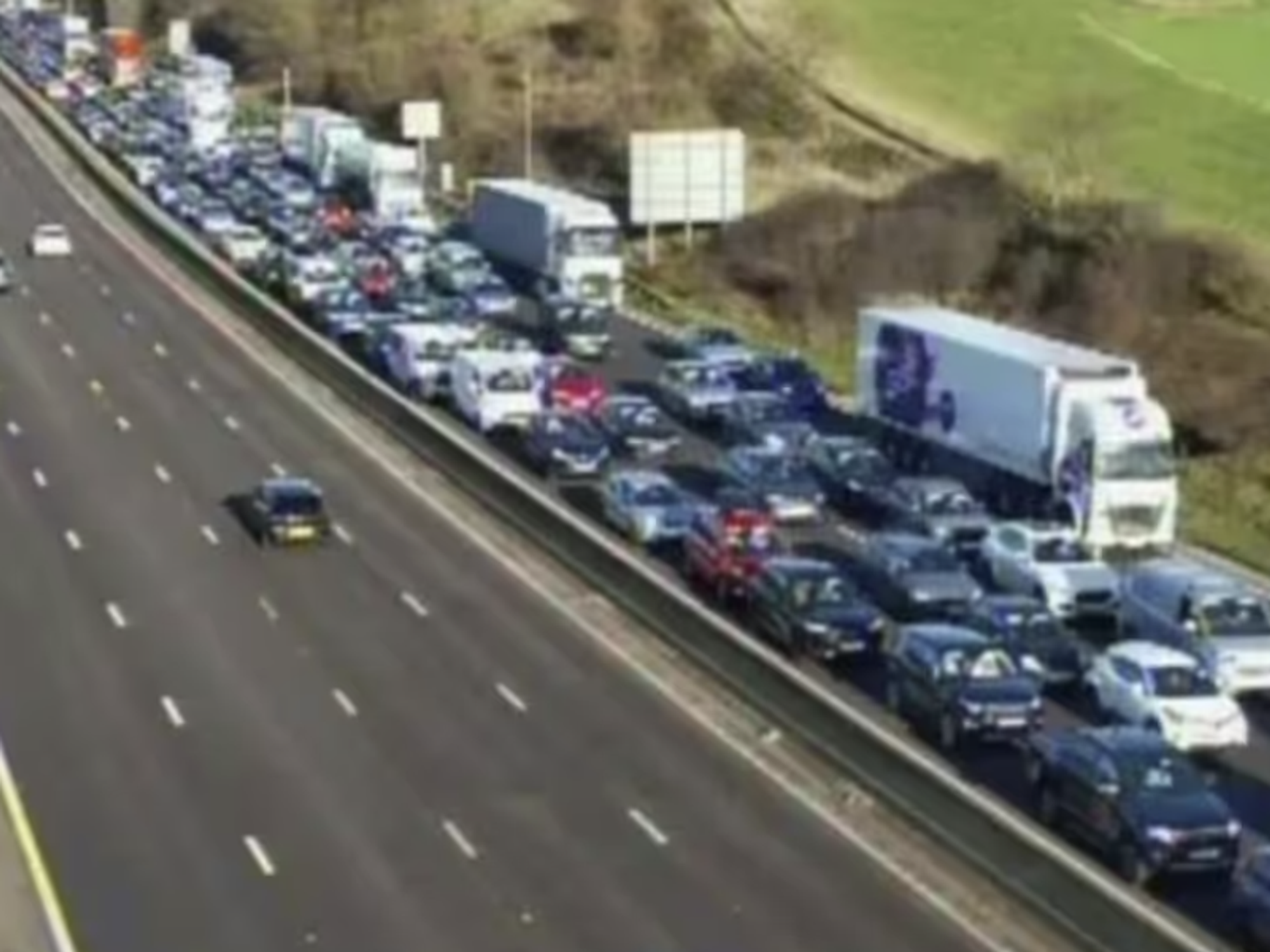Reform only have four MPs... but there's a bigger story brewing underneath, says Nigel Nelson
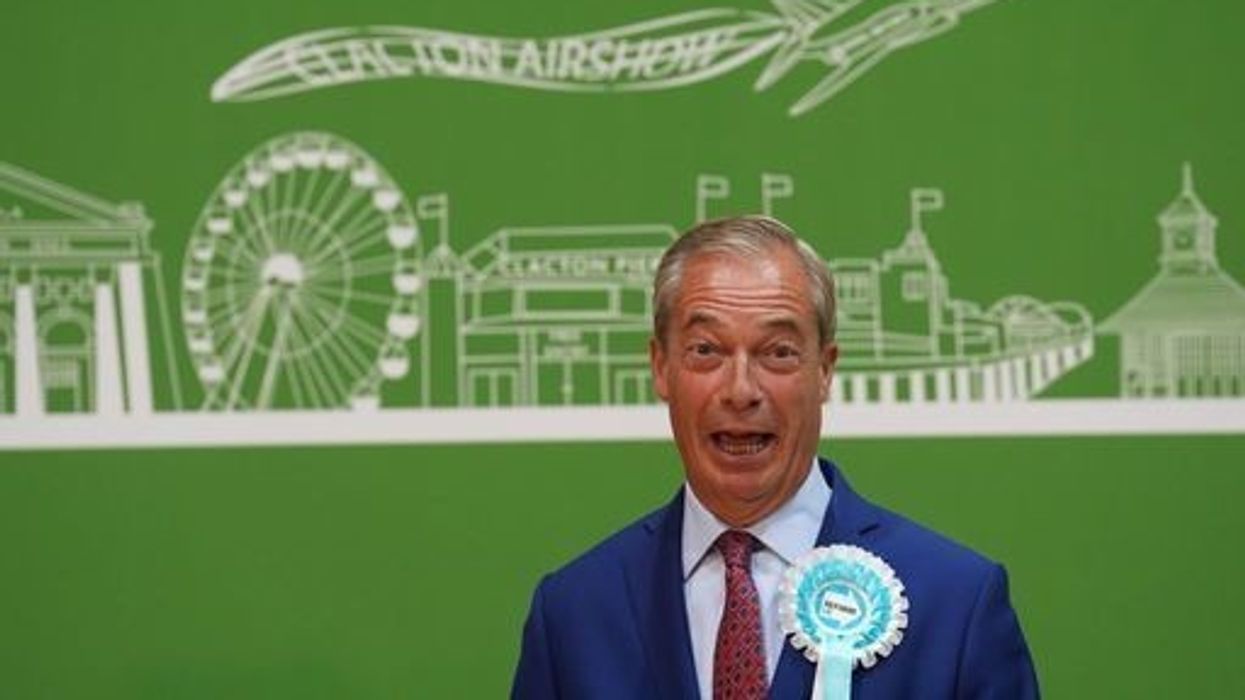
Nigel Farage's party has won four seats
|PA

"However you cut it, First Past the Post is not very democratic"
Don't Miss
Most Read
Latest
No wonder the little parties feel so bullied by the first past the post electoral system. And why the big boys like it so much. It serves the Conservative and Labour parties well - everyone else not so much.
Nigel Farage's Reform UK has been ahead of the Lib Dems in the opinion polls throughout this election yet last night's exit number crunchers predicted they'd get 13 MPs. But now it's apparent it will be only four.
Conversely the Libs, normally great advocates of proportional representation, have done rather well out of FPTP this time round, with more than 70 MP.
Maybe Ed Davey's water sliding, paddle boarding and bungee jumping as he ticked off each activity off his holiday bucket list did him some good with voters. More likely it was because he was second in so many seats it didn't take too much to make him first.
But however you cut it, FPTP is not very democratic. It means that 200,000 votes in the most marginal seats can decide an election. And that means that although every vote counts, some votes carry more weight than others.
In this election there were no safe Tory seats. But previously a Labour voter living in one of them would have known that his or her vote would have made little difference.
At least in the EU referendum the decision was based on a simple majority. If we'd had FPTP for that one and based the result on the number of MP who were Leavers or Remainers Brexit would never have happened and we'd still be arguing about it.
Farage's previous incarnation, Ukip, polled nearly four million votes in 2015 - 12.6 per cent of the total - and returned just one MP, Douglas Carswell in Clacton where Farage now stands.
The Tories got just 40 per cent of the vote, hardly a ringing endorsement, and formed the government with enough of a majority to dispense with the coalition services of the Lib Dems.
Had that election been under proportional representation Ukip would have sent 83 MPs to Parliament and the Tories 75 fewer. No wonder Farage was so reluctant to throw his hat into the ring again after that experience.
Early results showed Reform coming second in several seats. In Rayleigh and Wickford they polled a respectable 12,000 votes to come runner up to Tory Mark Francois. In the new seat of Blyth and Asherton they were snapping at Labour's Ian Lavery's heels with nearly 11,000 votes.
And the first seat to declare, which is a badge of honour Houghton and Sunderland always wear with pride, shadow Education Secretary Bridget Phillipson won but Reform were right behind her on 11,000 votes.
But under FFPTP there are no prizes for coming second. And that might make voters feel they are not getting the representation they deserve.
But what FPTP usually delivers is a decisive result. We rarely end up with the endless coalitions which plague countries such as Italy and Israel. And the inevitable endless elections when coalition parties fall out.
The coalition David Cameron forged with the Lib Dems served Britain rather well. A personal tax free allowance or £12,570 would never have happened had Nick Clegg not become deputy PM. Nor would the pupil premium.
I remember when Nick first told me about his plans to double the allowance and I laughed in his face, never believing Chancellor George Osborne would let him get away with it. But George saw the benefit of it, and of course being a Tory claimed it was his own idea.
That was a sensible coalition. Can you imagine what one might be like if Labour and Reform were forced to work together. Which is why broadly I'm against PR.
I prefer decisive government. Not one in which the third horse always wins.






